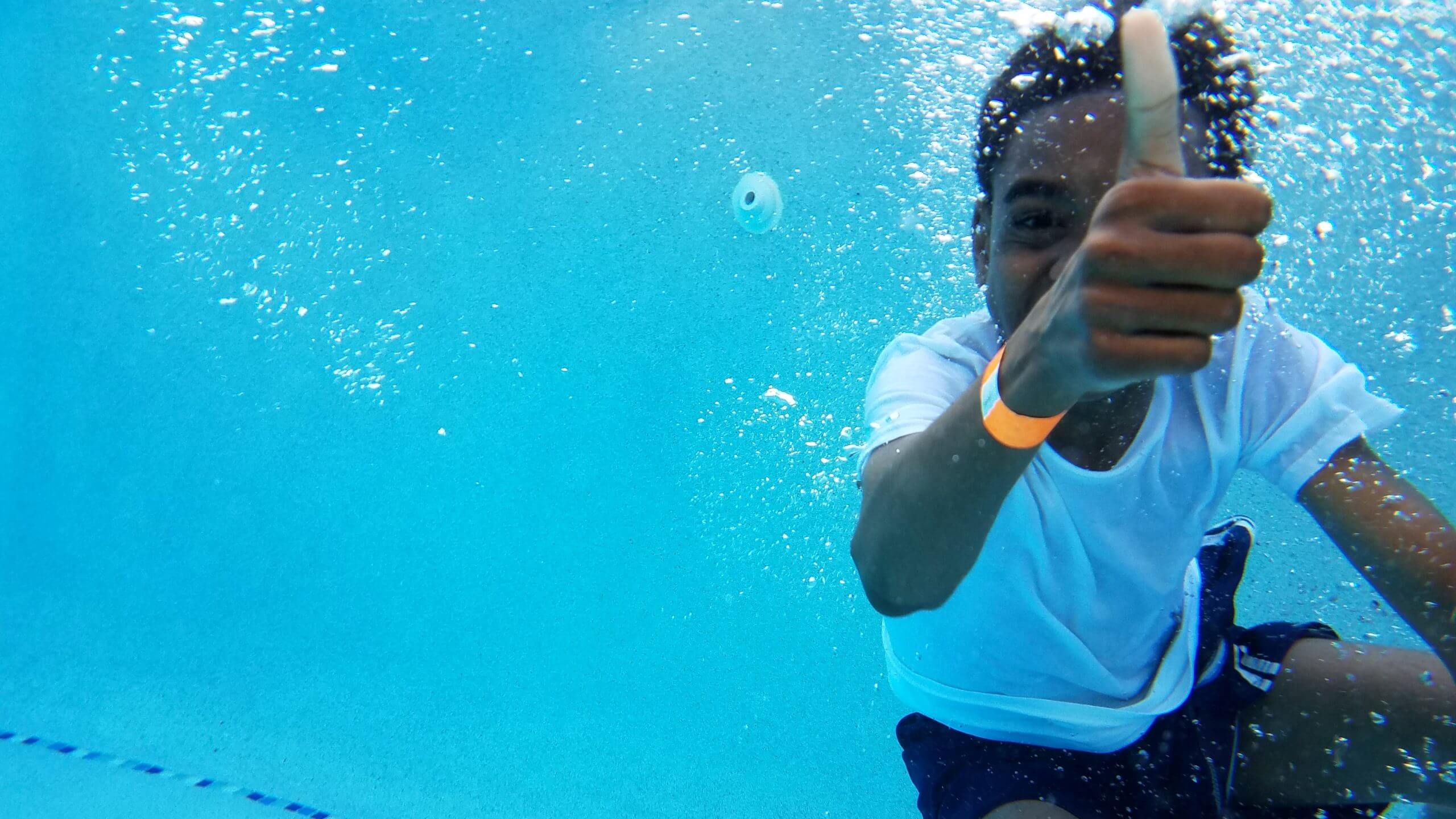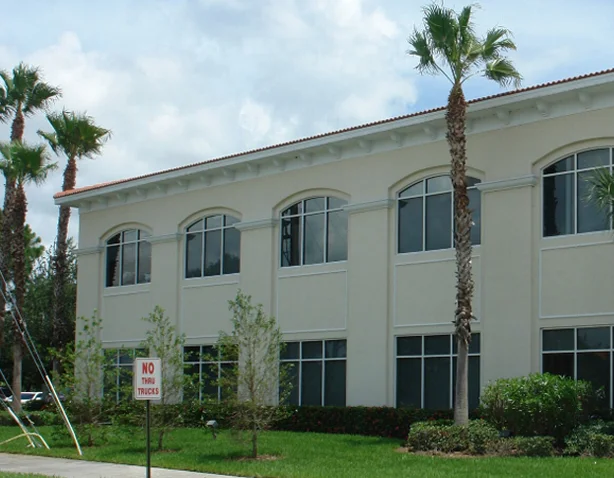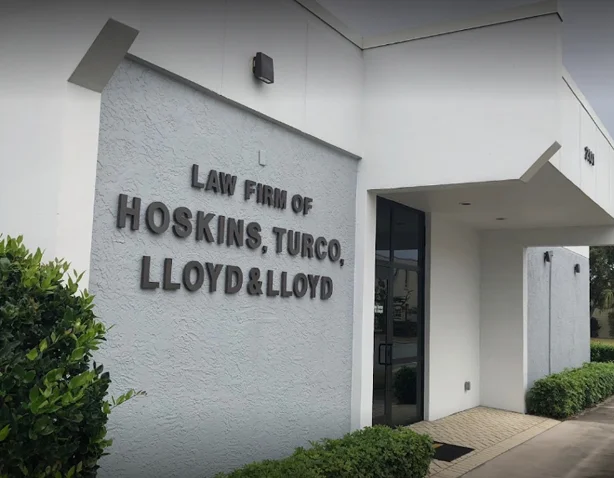Swimming safety tips to keep Treasure Coast residents safe and healthy this summer
 Summer is here on the Treasure Coast, and for many of us, this means more time at the pool. Whether you have a backyard pool or know someone who does, chances are you and your family will be beating the South Florida heat by going swimming.
Summer is here on the Treasure Coast, and for many of us, this means more time at the pool. Whether you have a backyard pool or know someone who does, chances are you and your family will be beating the South Florida heat by going swimming.
However, before you do, the U.S. Centers for Disease Control and Prevention (CDC) want you to review their new guidelines about staying safe and healthy in swimming pools—especially in the wake of the coronavirus (COVID-19) pandemic. Here are swimming safety tips from their experts.
Swimming Safety Tip 1 – Steps to prevent drowning
Did you know that during the coronavirus pandemic, infant and toddler drownings increased in Florida by 100%. Officials attribute the rise in drowning deaths to the fact that more people were staying home and children who were normally in day care or school, were also at home with a lack of constant supervision. Many parents had to adjust to working from home—maintaining “business as usual,” but still watching their kids around the clock.
In fact, drowning is the leading cause of injury-related deaths in children between the ages of 1 and 4. Here are swimming safety tips you can use to prevent drowning:
- Make sure everyone has basic swim skills and water safety awareness. Living on the Treasure Coast, water is everywhere. This is one of the best ways to prevent drowning accidents.
- Always watch children while swimming; even trained swimmers can become distressed.
- Know how to recognize and respond to a swimmer in distress and how to perform CPR for children and adults.
- Prevent access to the water when the pool is not in use.
- Install and maintain barriers such as four-sided fencing.
- Use locks/alarms for windows and doors.
Swimming Safety Tip 2 – Handle pool chemicals safely
If you own a pool, it’s important to maintain a safe swimming environment. Pool chemicals, like chlorine, are needed to protect swimmers’ health. However, mishandling pool chemicals can cause serious injuries. Pool chemical injuries lead to about 4,500 U.S. emergency department visits each year, and over one-third of these preventable injuries are in children or teens.
The CDC recommends that if you use and store pool chemicals at your home, take the following precautions to prevent pool chemical injuries:
- Read and follow all directions on product labels.
- Wear safety equipment—such as masks, gloves, and goggles—when handling chemicals.
- Keep chemicals secure and away from children and pets.
Swimming Safety Tip 3 – Kill germs in your pool
Disinfection (with chlorine or bromine) and pH are the first defense against germs that cause recreational water illnesses. At the recommended levels, chlorine or bromine can kill most germs in the water within minutes.
As a backyard pool owner, you should check the disinfectant (chlorine or bromine) level and pH at least twice per day (and more often when the pool is in heavy use) to make sure they are correct:
- 1–10 parts per million (ppm) free chlorine or 3–8 ppm bromine
- pH 7.2–7.8 (recommendations taken from CDC website)
If the pH is too high or too low, it can cause problems, including decreasing chlorine’s or bromine’s ability to kill germs. It can also cause skin and eye irritation in swimmers and damage pool pipes and other equipment.
COVID-19 and swimming pools
The CDC maintains that there is no evidence that the virus that causes COVID-19 can be spread to people through the water in pools, hot tubs, spas, or water play areas. Proper operation and maintenance (including disinfection with chlorine and bromine) of these facilities should inactivate the virus in the water. However, the CDC recommends that you should limit close contact with individuals who are not members of your household both in and out of the water. Get more information about COVID-19 and water.
The Law Firm of Hoskins, Turco, Lloyd & LLoyd is committed to keeping our Treasure Coast community safe
Experienced injury attorneys in Port St. Lucie, Fort Pierce, Vero Beach and Okeechobee
Living on the Treasure Coast, we are surrounded by water. From swimming pools and lakes to rivers and beautiful beaches, we are fortunate to have access to so many bodies of water. However, this also puts our area at higher risk for drownings—especially among infants and children.
In the event your family suffers a drowning accident, swimming pool accident, or boating accident in Port St. Lucie, Fort Pierce, Vero Beach, or Okeechobee, we strongly advise you consult with one of our experienced injury attorneys. While the majority of drowning-related deaths are horrible accidents, occasionally the negligence of someone else, whether a home owner or company, contributed to the incident. This is where the injury attorneys at Hoskins, Turco, Lloyd & Lloyd can help. We can investigate the accident, help you hold someone accountable, and fight to ensure you and your family receive compensation for your loss.
Do not hesitate to call us. You must act quickly after a drowning-related accident to ensure evidence is preserved and negligent parties can be held accountable.
Contact us today at 866-930-6435 for a free consultation.



